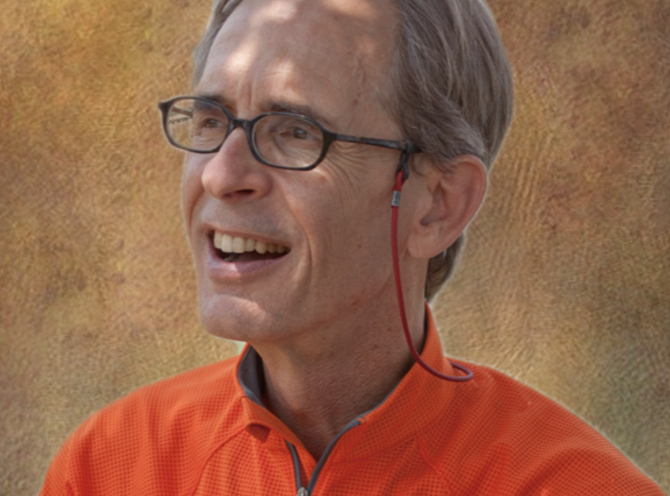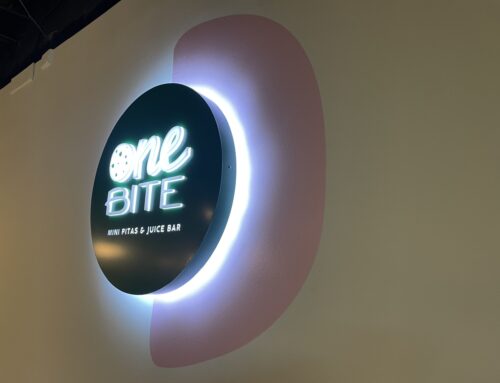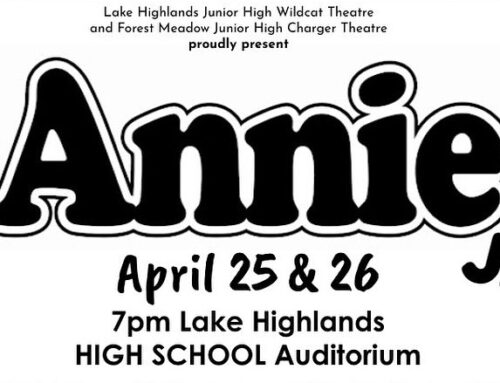
Photo Aria funeral home
One of two men (Dallas) famous for delving out free advice at White Rock Lake for 20-something years, Roderick MacElwain, died January 15 following what his family and friends say was a “heroic battle” with cancer.
Though he’s best known around here for his kindness, wit and sage wisdom offered from lakeside lawn chairs, MacElwain led an altruistic and adventurous existence long before the day in 1996 when he and his buddy Neal Caldwell pitched their “Free Advice” sign at Jackson Point.
“Roderick impacted the lives of virtually every person he encountered, often profoundly,” his friend Nathan Crow says.
Because of his unique approach to life, MacElwain embraced a grim diagnosis, which he received in 2017, that most would find devastating.
“For Roderick and his wife Lisa, their experience with his cancer was not so much a battle against the disease, but more an invitation to open their hearts, to love life and to love others,” Crow, with contributions from other friends and family, writes in his friend’s obituary. “Despite the pain and challenge of his illness, Roderick would often say that cancer was the ‘best thing that ever happened to him,’ because it affirmed the importance of God and close relationships with family and friends.”

Roderick MacElwain
A Miami native, MacElwain spent summers with his grandmother in Minnesota where he developed a love of the outdoors and adventure.
He moved to California’s Bay Area during high school, played a little football and graduated from Berkeley before embarking on a promising business career in New York.
But while still in his 20s, according to his friends, he had a profound spiritual awakening and set out on a cross country journey.
“Without money, food, a change of clothes or even a passport, and with a self-imposed rule that he would not beg or ask anyone for help, Roderick left home to see where and how far his faith, grit and wits might take him,” Crow writes. “He would often refer to his trip around the world as a formative experience, and he would share countless stories — both harrowing and heartwarming — of his travels through several continents.”
Once he settled in Dallas, MacElwain’s remarkable intuition and logical problem solving skills made him a sought-after freelance business consultant.
But this was “a man of unique and constantly evolving interests,” his friend says, a guy who did a stint as a taxi driver in 1970s Miami primarily out of curiosity about human nature.
He didn’t care about money, lived modestly by choice and, for many of his adult years, drove around in a 1960s Volkswagen Bug.
He periodically pursued interests in dream analysis, race walking and improvisational singing, “always marching to his own drum,” Crow says.
Free advice
Almost every Saturday, weather permitting, Caldwell and MacElwain set up on a picnic blanket, inviting passersby to sit and chat. They shared a desire to become better communicators, they told the Advocate in 2004. This zany idea initially did not seem like it would work. “The first hour and a half was horrendously uncomfortable,” MacElwain told the Advocate.
But as anyone who frequented that trail in the past 20 years knows, the Free Advice Guys became a fixture. “Within a couple months, it was like we’d been doing it forever,” MacElwain has said.
Crow guesses the two gave free advice to literally tens of thousands of people.
“Although most who went to Free Advice were initially strangers, many became repeat visitors. Some even became lifelong friends,” Crow notes. “Fond of saying that he would give advice on ‘everything from bathroom tile to relationships,’ Roderick found Free Advice yet another outlet for his passion to help others and to use his remarkable intellect.”
As the guys told Advocate, sometimes they just listened.
“A lot of times we’ve helped people not by having an answer or an interesting way of looking at it, but just by letting them talk and being as supportive and neutral as possible. Many times, you can just see them open up and realize things. And we really didn’t do anything, but just be decent, respectful human beings,” MacElwain said years ago.
Everyone who met MacElwain remembered the experience.
“Simultaneously traditional but iconoclastic, passionate but incisive, caring but brutally honest, a conversation with Roderick was like no other,” Crow notes.
As one friend notes in the obituary, it was as if Roderick understood you before you even said anything. “He was never afraid to say what he believed, but always did so with the intention of helping the listener.”
Keeping, and spreading, the faith
Friends say MacElwain remained spiritual person throughout his life.
During his illness, he fully embraced his Christian faith and more openly shared it with those around him. He was non-denominational and had no interest in imposing his beliefs on others, they add.
At the time of his diagnosis, doctors told MacElwain he had approximately six months to live, but, as Crow put it, “Roderick took on cancer in a way that was both Herculean and quintessentially his own.”
A vegan committed to a healthy lifestyle, he pursued some conventional treatments for his illness but also used many alternative treatments, a combination to which family and friends attribute the extension of life.
While the final days were challenging, his family shares, he continued to communicate his experiences with others struggling with cancer, helping them in their own battle with the disease.
“Roderick’s friends and family were in awe of his strength and resolve in the face of cancer, while his physicians were stunned by his remarkable survival for nearly six years following his initial diagnosis.”
Roderick died surrounded by loved ones and is survived by wife Lisa Oglesby Rocha, sister Eva Narten, niece Michelle MacElwain Leon and great nephew Jorge Taño Leon, as well as countless spiritual family members and close friends.
A memorial service will be held 2 p.m. Saturday, March 4 at St. John’s Episcopal Church, 848 Harter Road. A celebration of Roderick’s life will immediately follow.
In lieu of flowers, those wishing to honor Roderick’s memory are encouraged to do two things: First, to do a kind, loving act for someone else. And second, to ask themselves how they can live their life in the way that is most true to their innermost self.





